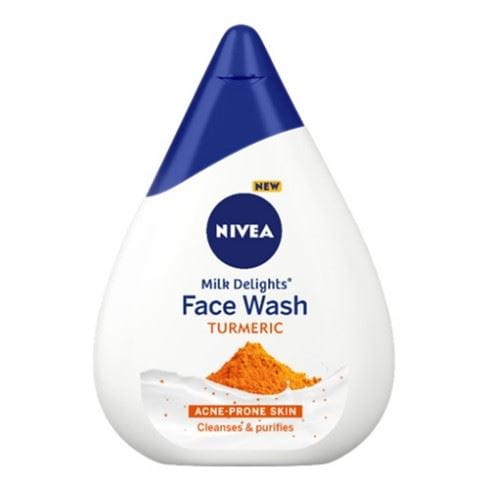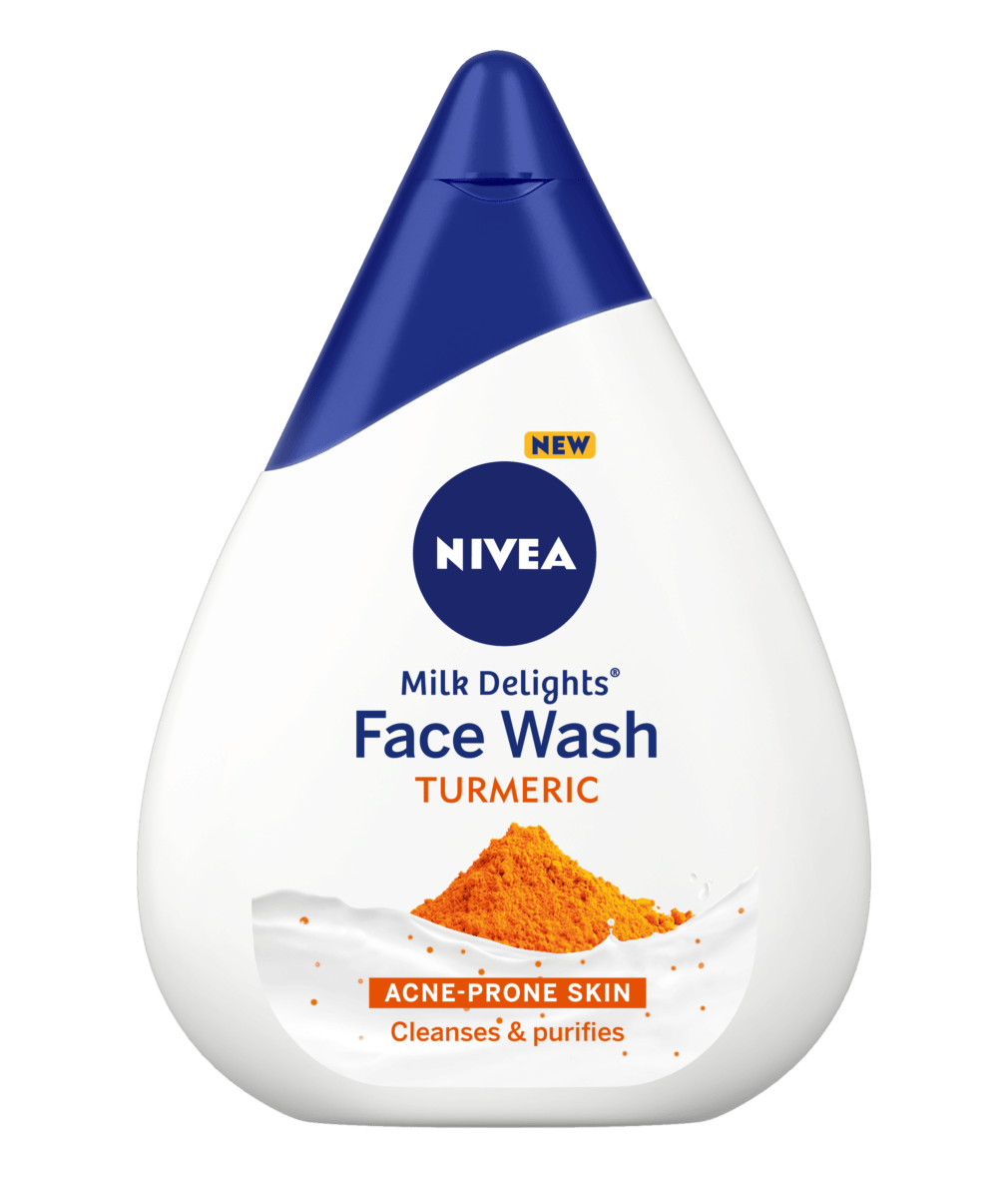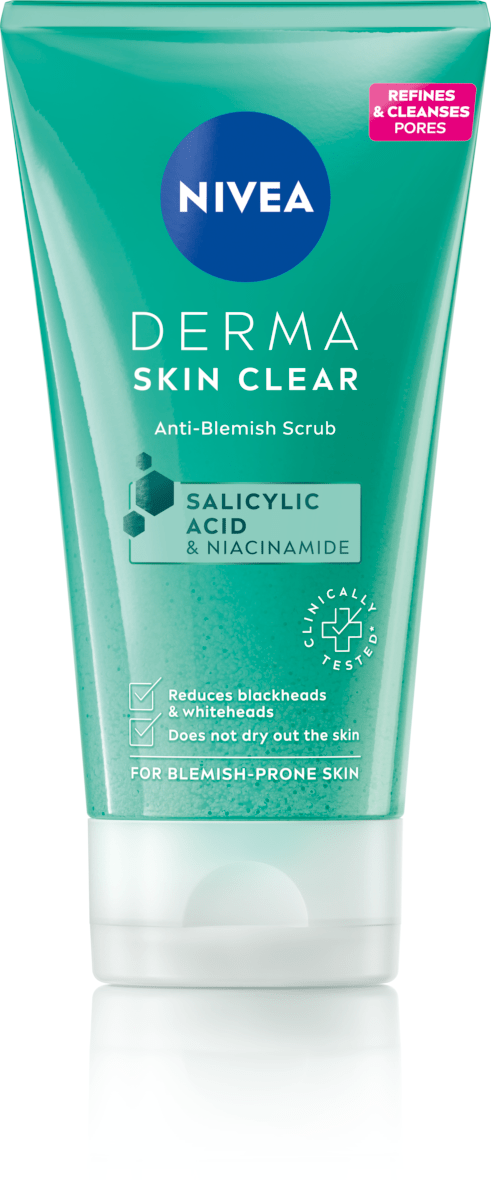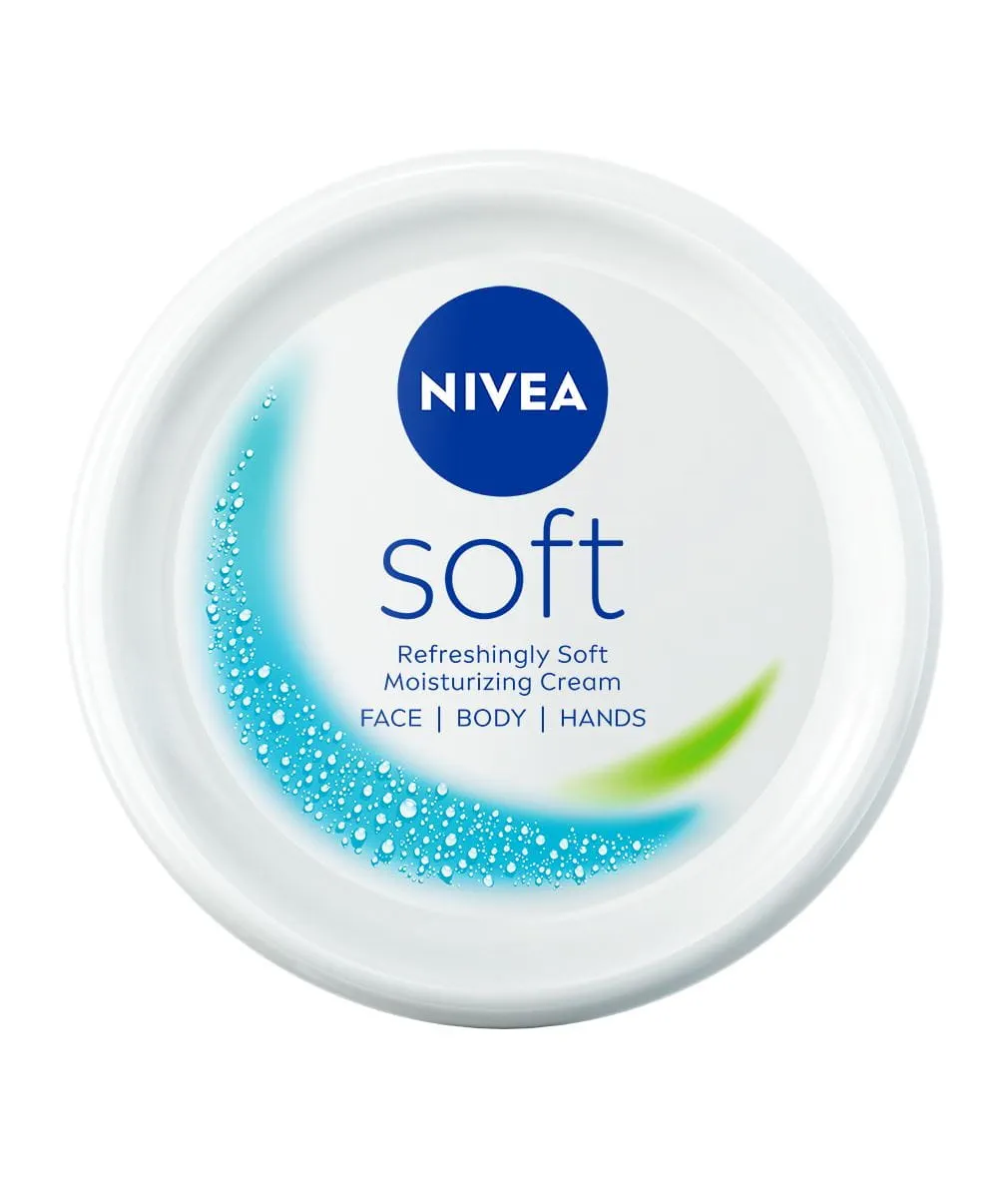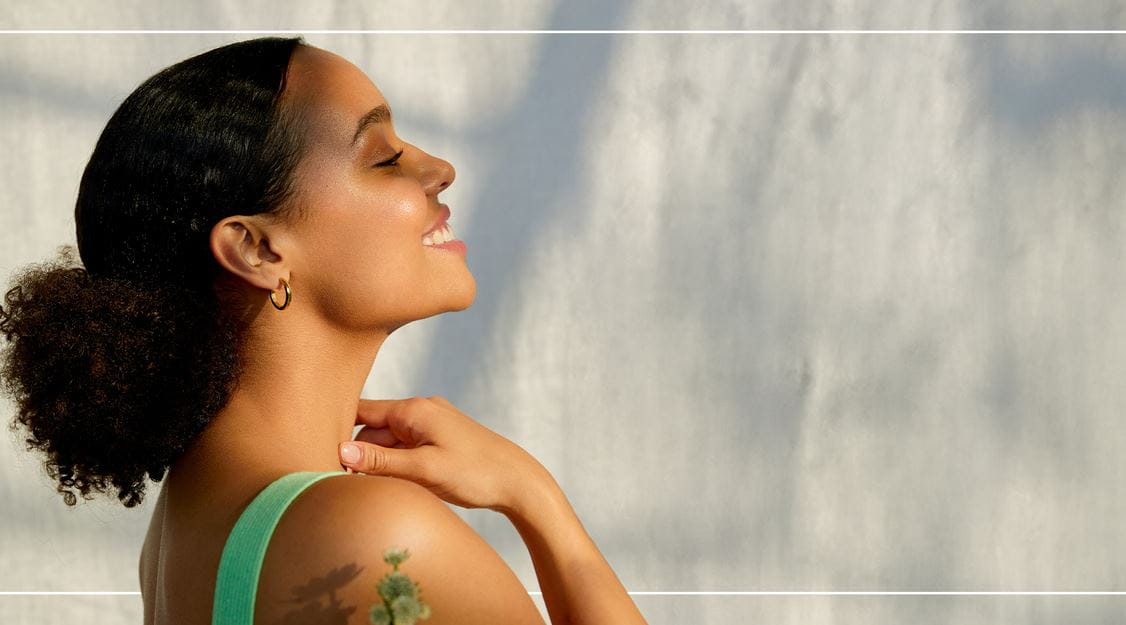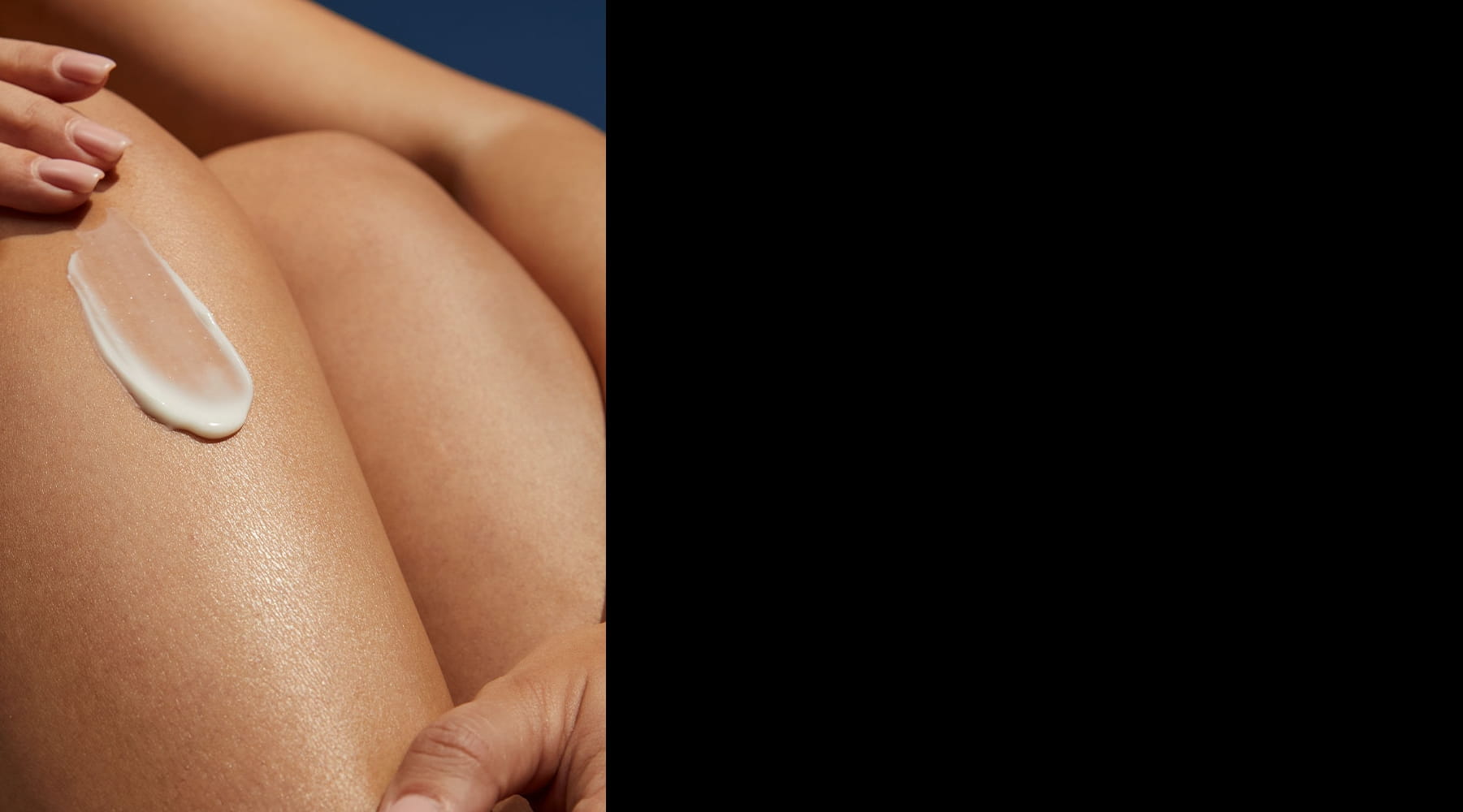WHAT EXACTLY ARE PIMPLES?
We often use the term "pimple" interchangeably with "acne." What causes pimples on the face is linked to the two categories of acne: inflammatory acne and non-inflammatory acne. Inflammatory acne, our focus here, occurs when bacteria, specifically Propionibacterium acnes, make their way into your pores, leading to localized infections. The body's response to this infection results in the formation of inflammatory pimples, cysts, or nodules. In simple terms, these are raised red spots with a white center that develop when blocked hair follicles become inflamed or infected. Deeper blockages and inflammation within hair follicles can create cyst-like lumps beneath the surface of your skin.
IDENTIFYING THE ROOT CAUSES OF PIMPLES
Pimples can be triggered by various factors, but the four primary culprits are:
-
Excess Oil: When your skin's sebaceous glands produce too much oil, it can clog pores and lead to pimples.
-
Clogged Pores: Pimples occur when dead skin cells and oil accumulate in hair follicles, forming plugs that trap bacteria.
-
Bacteria: Propionibacterium acnes, a type of bacteria on your skin, can contribute to pimple formation when it multiplies and infects clogged pores.
-
Inflammation: Inflammatory responses in the body can lead to pimples, making your skin's immune system a part of the problem.
Other common pimple triggers include hormonal fluctuations, certain medications, cosmetics, diet, and stress. Besides these factors, several risk factors can make you more susceptible to pimples:
-
Age: Pimples can affect people of all ages but are most common in teenagers.
-
Hormonal Changes: Hormonal fluctuations during puberty, pregnancy, menstruation, or times of stress can lead to pimples.
-
Genetics: If both of your parents had acne, you're more likely to develop it too.
-
Greasy Substances: Oily lotions, creams, or cosmetics can contribute to pimples.
-
Friction or Pressure: : Items like telephones, cellphones, helmets, tight collars, backpacks, or harsh scrubbing can irritate your skin and lead to pimples.
WHY DO I GET PIMPLES?
Your pimples are the direct result of an array of factors. It can occur if your skin is clogged with dead skin cells or oil glands. Pesky bacteria in these deposits. These bacteria may also be responsible for blackheads, whiteheads, cysts and other issues.
TIPS TO PREVENT PIMPLES EFFECTIVELY
Dealing with pimples is a pesky problem to have. However, there are certain measures you can take to deal with it.
-
Properly wash your face: If you are wondering how to prevent pimples, you can start with the obvious. That is to wash your face. Pimples can occur on any part of the body, but they often appear on the face. Washing your face regularly is important to stop excessive sebum production from clogging your pores.
-
Know your skin type:Knowing your skin type is essential if you want to know which products to use and which to avoid. Your skin could be oily, dry, sensitive, or a combination. People with oily skin are more prone to getting pimples. However, it can happen to anyone.
-
Keep Your Hair Clean: Excess oil in your hair can travel to your skin, exacerbating acne. Regularly washing your hair can help prevent breakouts, especially around the hairline.
-
se a moisturizer: A good moisturizer can help keep your skin hydrated. Just make sure to steer clear of moisturizers with synthetic fragrances or oils that could clog your pores or irritate your skin.
-
Use over-the-counter acne treatments: There are a host of over-the-counter measures you can resort to for acne treatments. Not only do they heal pimples, but some of them also help you prevent it. Look for ingredients like Benzoyl peroxide, sulfur, and Salicylic acid while choosing a pimple-fighting product. If these treatments do not help you, reach out to a dermatologist at once.
-
Stay hydrated: Staying hydrated is essential if you are after pimple-free skin. Being well-hydrated can help you curb excess sebum production and prevent acne. Dehydration may make your skin dull, discolored, and encourage inflammation.
-
Limit makeup: Be careful with using excessive makeup to cover your pimples, as this could end up clogging your pores and making the situation worse. Instead, a noncomedogenic and fragrance-free concealer or foundation can be your friend.
-
Try not to touch your face:To avoid pimples, avoid excessively touching your face. Touching your face constantly can aid bacteria transfer and cause pimples.
-
Don't be a pimple popper:Resist the urge to pop pimples, no matter how tempted you are. Nothing good can come from pimple popping. If anything, it can make the issue worse, causing skin inflammation, getting infected, or leaving behind scars.=
HOW TO EFFECTIVELY PREVENT PIMPLES
The answer to how to reduce pimples lies in a combination of good skincare practices and lifestyle choices. Here are some effective methods how to avoid pimples on face:
-
Don't Squeeze or Pop Pimples: It might be tempting, but doing so can trigger inflammation, infection, and scarring, making your pimples worse.
-
Limit Sun Exposure and Stay Sun-Protected with SPF: The sun's ultraviolet rays can increase inflammation and redness, leading to post-inflammatory hyperpigmentation.
-
Keep Your Hair Clean: Excess oil in your hair can travel to your skin, exacerbating acne. Regularly washing your hair can help prevent breakouts, especially around the hairline.
-
Prioritize Sleep: Lack of sleep can weaken your immune system, making it easier for bacteria to thrive in clogged pores.
-
Manage Stress: Stress can lead to hormonal imbalances that contribute to pimples. Stress management techniques can help maintain clear, healthy skin.
-
Avoid Touching Your Face:Your hands and fingernails can harbor bacteria that clog your pores and cause breakouts.
HOW TO REMOVE DARK SPOTS CAUSED BY PIMPLES
Resorting to pimple dark spot removal is better than having to endure them. Here are a few
pimple dark spot removal tips you can incorporate into your skincare routine:
-
Vitamin C is great when it comes to dealing with dark spot removal. You can use lemon juice, which is rich in vitamin C, as a pimple spot treatment. Aloe vera helps with dark spot removal, too, owing to its healing properties. A way to prevent dark spots altogether is to keep away from harsh sunrays. Using sunscreen with sun protection of at least 30 is imperative to protect your skin from dark spots.
-
You can complement natural ingredients with good quality skin care products. Certain active ingredients that help reduce dark spots are ideal for pimple spot removal. Look out for ingredients like retinoids, alpha hydroxy acids (AHA), kojic acid, vitamin E, and azelaic acid before choosing pimple spot treatment product.


